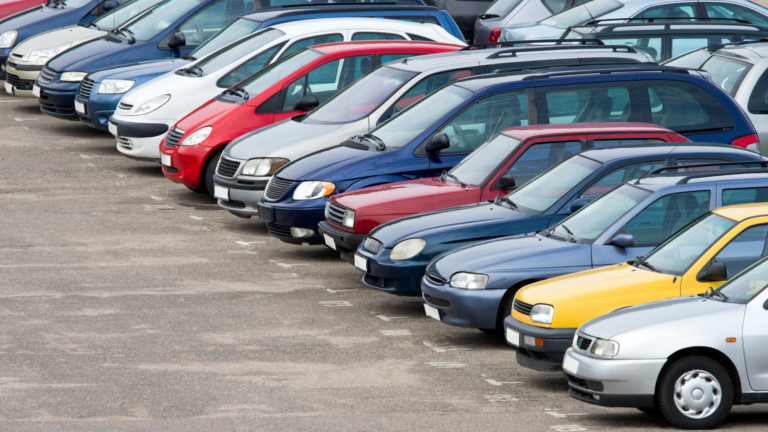
Based on the decision of the European Parliament, from 2035 in the EU will stop selling cars with internal combustion engines. They will be replaced by electric cars and other environmentally friendly vehicles. At the same time, driving on gasoline and diesel cars will not be prohibited.
According to analysts, this could cause the Havana effect, when instead of new and expensive cars, people will start buying used cars en masse.
Freedom Island
Anyone who has been to Cuba or is interested in traveling knows that in this country the roads are mostly retro cars, which are sometimes 70 years old. Especially, many of these cars are in the resorts and the capital of Havana.
The American classic of the 50-60s of the last century looks authentic and gives the island of Freedom some charm. Thanks to the time machine, people seem to be in the past. Cubans, however, drive retro cars, not from a very good life. This is due to the embargo on car imports imposed on the country. Cubans have never learned to make their own cars.
Something similar could have happened in Europe. Car owners are used to their gasoline cars. They have their advantages and are cheaper than electric cars. If the latter, do not become cheaper and mileage does not increase on a single charge, it is likely that many EU citizens will use the available equipment to the last. It is possible that from 2035 in the EU there will be a boom in second-hand.
In front of locomotive
By the way, European countries do not intend to wait for a single solution and have begun to approve national programs for the transition to environmentally friendly modes of transport.
Surprisingly, most people in the north are in favor of reducing emissions, where the operation of electric vehicles is complicated by heavy rainfall, snowfall and severe cold.
For example, from 2025, cars with petrol or diesel engines will not be sold in Norway. Now the share of electric cars has exceeded 65%. The United Kingdom, Sweden, Denmark, the Netherlands and Belgium are planning a ‘green transition’ in 2030.
France intends to take this step no later than 2040. But if uniform EU rules are adopted, the process will have to be speeded up.
Manufacturers do not mind
It can be assumed that car manufacturers will completely resist innovations, sabotage decisions and lobby for the extension of the term of sale of cars with internal combustion engines.
But, surprisingly, companies are ready for change, despite the huge funds that will have to invest in construction and re-equipment of production.
After all, everyone will work under the same conditions. Manufacturers have long understood where the wind blows. For example, General Motors, Volvo, Jaguar and Ford already have strategies to abandon classic engines, as well as the transition to electric.
Volkswagen and Mercedes announced something similar. Chinese and Japanese manufacturers also have the necessary technology. However, it is unfortunate that serious competencies in the production of fossil fuel engines will be lost.
The technology of production of gasoline engines at one time developed greatly and even became almost an art.
However, not everyone is ready for change
At the same time, not all EU countries support the complete abandonment of internal combustion engines. This is especially true of poor countries. The Czech Republic, where Škoda is produced, is categorically against it.
Currently, the brand’s models are in great demand, but the company does not have large resources to re-equip production. In Germany – the automotive capital of the world – is also raging serious passions.
Expensive models with powerful engines – the locomotive and the pride of the industry. Will Mercedes, Porsche, BMW keep their character when switching to electric motors?
Politician Hans Gizeke says the EU should expect a ‘Havana effect’. However, the Green Party, which came to power, believes that change is needed. ‘The sooner we can move to Europe and get rid of our dependence on expensive fossil fuels, the better we will feel in the face of global competition,’ said Katharina Drege, head of the Greens in the German Bundestag.

